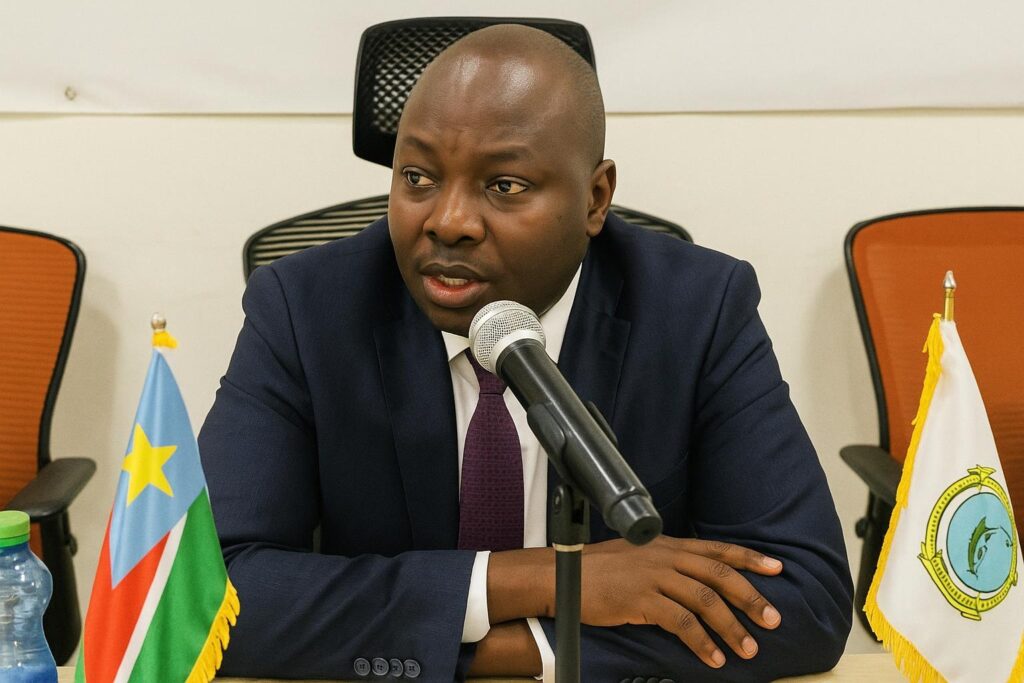Background of the Claim
Aweil’s quiet political corridors turned lively this week after former revenue commissioner Michael Akol Wek accused Northern Bahr el Ghazal Governor Simon Ober Mawut of defaulting on a private debt dating back nearly two decades.
Debt Dispute Reaches Public Arena
Akol says the pair verbally agreed that cash advanced during a 2004 leadership transition would be reimbursed from future personal earnings, not state coffers, a claim contested by officials close to the governor.
He publicised the grievance through social media posts portraying the governor as unresponsive, a move that drew attention across Aweil’s politically engaged youth circles.
Government Demands Documentary Proof
Information Minister Gabriel Deng Yel released an official notice instructing Akol to present written evidence within 72 hours to substantiate the alleged loan, emphasising the administration’s commitment to due process.
The letter stresses that a failure to comply could trigger counter-litigation for defamation, signalling the state’s readiness to defend the governor’s reputation through judicial channels.
Legal Stakes for Both Sides
Local lawyers note that South Sudanese courts rarely entertain oral contracts lacking corroboration, meaning documentary gaps may weaken Akol’s case yet also complicate any countersuit.
Observers say the dispute could set a precedent on how personal financial claims against sitting officials are handled, particularly in a state where informal transactions remain common.
Public Reaction and Possible Outcomes
Radio phone-ins in Aweil have featured callers urging dialogue, while others demand full transparency over any private monies exchanged between political elites.
Should proof emerge, analysts believe a negotiated settlement remains likely, preserving political stability ahead of anticipated national elections; absent evidence, the controversy may fade quickly into the region’s busy news cycle.


